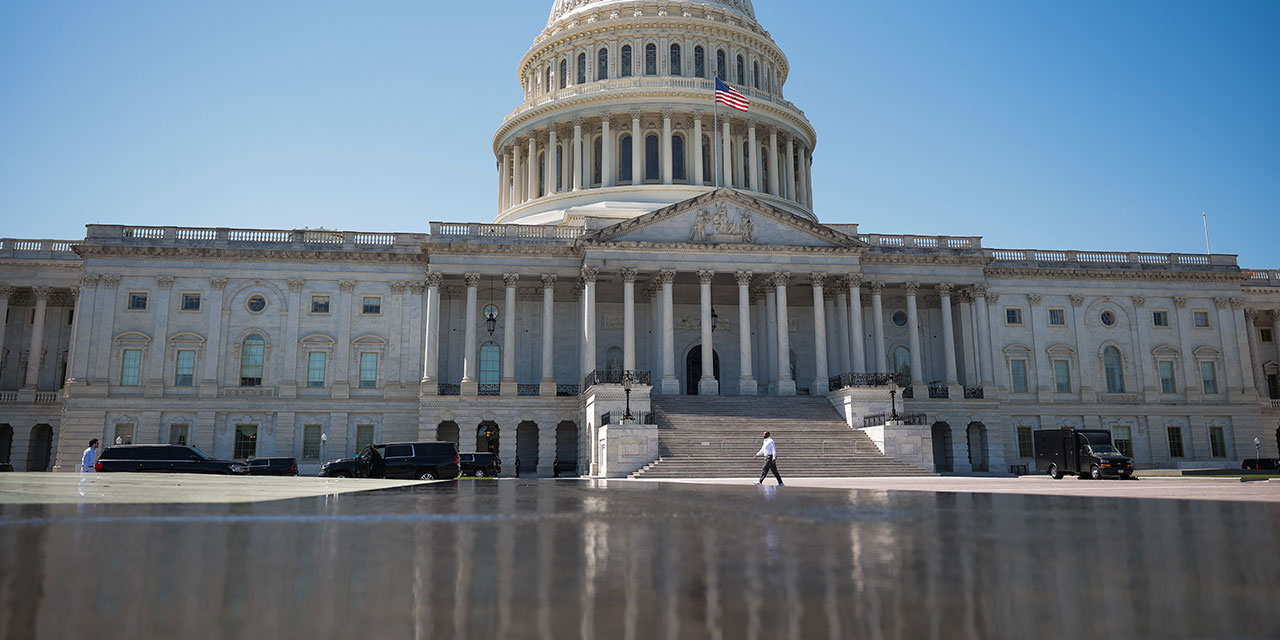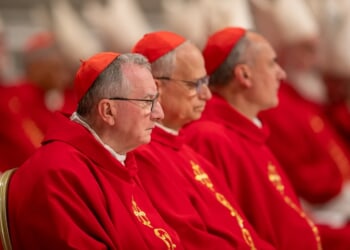
America’s Founders taught that government exists to secure the natural rights of a free people—rights not granted by the state but endowed by nature and nature’s God. Among these are the rights to worship, to raise families, to acquire property, to pursue truth. Education, properly understood, is one of these natural rights. It is an activity of the mind, in pursuit of truth. And as such, it flourishes best in freedom, under the guidance of those who pursue it.
Government has a role in securing the conditions for education to occur, as in the Northwest Ordinance of 1787, which held that “religion, morality, and knowledge” are essential to good government and the happiness of mankind. But it does not follow that the federal government should direct the content or mission of education. That belongs rightly to the people closest to the student—to parents and teachers. If the federal government holds the purse strings, it will soon claim the right to control, to dictate the standards, to steer the mission.
Finally, a reason to check your email.
Sign up for our free newsletter today.
For this reason, Hillsdale College has long declined federal money, even though we perform a public good. Our endowment, built carefully and slowly by the gifts of private citizens, sustains that independence. It funds scholarships for students who might otherwise be denied access to a rigorous education. It supports professors who seek truth in freedom, without fear or favor. It enables us to offer an education rooted in the permanent things—in the great books, the natural law, and the principles of our American Founding.
Yet today, that very independence is under attack—not by a newly proposed tax, but by the expansion of a tax that has quietly existed for eight years. This so-called Endowment Tax Fairness Act, targeting “the net investment income of certain private university and college endowments,” was first passed in 2017. Now, Congress is considering raising the tax sharply—from 1.4 percent to as high as 21 percent. This is not a matter of speculation. The idea is already under consideration in the budget reconciliation process now advancing in Congress.
What is the purpose of such a tax?
The stated aim is fairness, but fairness requires us to consider the nature of this tax, which does not fall equally upon all. It penalizes most severely those institutions that have chosen the harder path of independence, that refuse the entanglements of federal subsidy. It leaves untouched the vast web of colleges and universities sustained by taxpayer dollars, often bloated with bureaucracies committed to fashionable ideas, far removed from the purposes of education.
Worse still, this tax turns the incentives backward; it rewards dependence and punishes self-reliance. It encourages institutions to seek the shelter of government aid, where subsidies can offset tax burdens. Those who work to remain free—who choose to rely upon private support rather than public funds—are left to bear the weight.
This is not merely bad policy. It is a profound inversion of the American idea. In a free society, government exists to protect liberty, not to curtail it. In America, we have long understood that many of the highest goods—education, charity, religion—are best pursued by the efforts and love of private citizens who wish to see good things done.
The resources entrusted to Hillsdale College are not drawn from the public treasury. They are given freely by those who believe in our mission. To tax these gifts is to tax philanthropy itself—to burden those who would lift burdens. It is to weaken those who do good precisely because they are free to do it. It weakens them and strengthens the federal government, reversing the order intended by our Founders.
The revenue raised by taxing Hillsdale’s endowment would be negligible in the federal budget. But the damage done to our ability to serve our students, to maintain the independence of our faculty, and to carry forward our mission would be profound. It would force us to cut resources, to limit opportunities, to pass burdens onto students and their families—all in the name of a fairness that is not fair.
We ask no special favor. We only ask that our independence be respected—that the resources entrusted to us by citizens of goodwill remain free to serve their intended purpose.
There is a simpler, more just alternative. Rather than taxing the voluntary gifts of citizens, we should reconsider the involuntary transfer of taxpayer dollars to institutions that no longer serve the public good. Why should the federal government continue to fund bloated universities that undermine the principles of liberty, while punishing those that defend it?
In the end, this is not merely a defense of Hillsdale College. It is about the kind of country we wish to be. If freedom is to survive, it must be defended—sometimes quietly, sometimes firmly, but always clearly. To tax that freedom is to erode it. To protect it is to affirm what makes America not just prosperous, but good.
Photo by Kayla Bartkowski/Getty Images
City Journal is a publication of the Manhattan Institute for Policy Research (MI), a leading free-market think tank. Are you interested in supporting the magazine? As a 501(c)(3) nonprofit, donations in support of MI and City Journal are fully tax-deductible as provided by law (EIN #13-2912529).
Source link
















